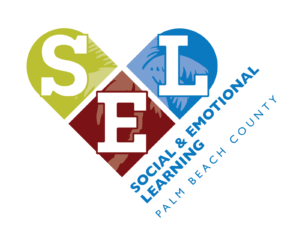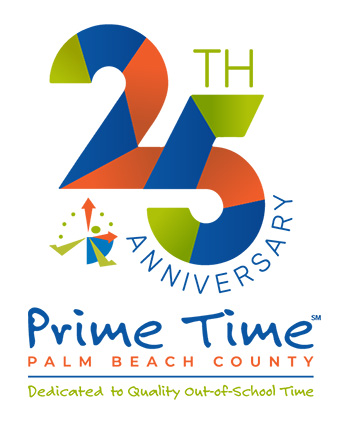9:00 am - 10:30 am
Over the last 5 years, Prime Time has helped the JASE program become a successful afterschool program in Martin County. We are thankful for the variety of trainings offered, yearly actions plans and multiple site visits.
Afterschool ProfessionalMartin County Parks and Recreation
VIRTUAL: Teen Advisory Council Series-Part 2

Participants are REQUIRED TO ATTEND ALL TRAININGS in the series and complete assignments in between trainings.
By registering for this training, you are committing to all training session dates.
11/1/22: Teen Advisory Council : Getting Started Part 1
11/15/22: Teen Advisory Council: Core Components Part 2
11/29/22: Teen Advisory Council: Finding Clarity Part 3
12/13/22: Teen Advisory Council: Focus for Success Part 4
CEUs: Upon successful completion of this training series and follow-up assignment(s), the participant will earn 1 CEUs of training.
Do you want to support teens in developing their leadership skills? Starting a Teen Advisory Council (TAC) is a great way to accomplish that goal! TAC involvement allows teens to become your partners in designing, planning, and implementing programs and often leads to stronger youth engagement and higher program participation and attendance. In this captivating four-part series, you will learn how to create, run, and sustain a fun and effective TAC that will strengthen your program, give youth a meaningful voice, and provide additional benefits for both teens and adults.
Please note: Only afterschool practitioners working with middle school, high school, or fifth grade elementary youth should register for this training.
Getting Started Part 1
Training Objectives:
Participants will
- Name the step-by-step process of developing a teen advisory council
Core Components Part 2
Training Objectives:
Participants will
- Identify the three core components of an effective teen advisory council
Finding Clarity Part 3
Training Objectives:
Participants will
- Practice developing a teen advisory council mission statement
Focus for Success Part 4
Training Objectives:
Participants will
- Examine the teen advisory council program year cycle and reflect on its importance
Core Competencies Addressed
Core Knowledge Area – Program Planning and Development
3. B15: Work effectively with advisory groups – Level 3
Core Knowledge Area – Learning Environment and Curriculum
4. C9: Develop strategies that encourage youth to take on leadership and citizenship roles - Level 3
PQA SEL Items Addressed
PBC PQA Scale – I-E Creating Safe Spaces
I.E.5: Demonstrate mutual accountability
PBC PQA Scale – II-H Scaffolding Learning
II.H.2: Model skills
PBC PQA Scale – II-I Fostering Growth Mindset
II.I.1: Guide young people to self-correct
PBC PQA Scale – III-M Promoting Responsibility and Leadership
III.M.2: Support carrying out responsibilities independently
PBC PQA Scale – IV-P Supporting Youth Interest
IV.P.2: Provide multiple opportunities for choice

